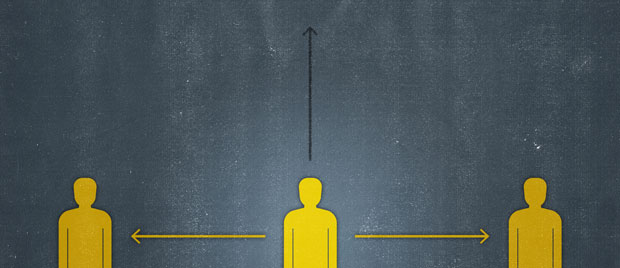Is It True That Natural Man Cannot Do Any Good?

"None is righteous, no, not one; no one understands; no one seeks for God. All have turned aside; together they have become worthless; no one does good, not even one." (Rom. 3:10-12)
Is it true that the natural man cannot do any good at all? Is this not something of an overstatement? The Westminster Confession of Faith, for example, reflects this point of view when it asserts:
From this original corruption, whereby we are utterly indisposed, disabled, and made opposite to all good, and wholly inclined to all evil, do proceed all actual transgressions.
Are there not occasions when unbelievers show acts of kindness and self-sacrifice? Imagine, for a moment, writing a letter to one of the national newspapers in which you say, "Non-Christians have never done anything good." It would not be difficult to imagine the opprobrium that would result from such a statement. What, then, do Paul and the Westminster Confession mean when they collectively assert such a position?
Even the unbeliever's good acts are evil
The answer requires some finesse. Calvin, for example, taught that fallen human beings still have the capacity for what he called "civic virtue"—keeping laws and conventions of society, and interacting with others in a way that is not vicious or evil. In these relationships, human beings are capable of acts that are good, compassionate, laudable, and virtuous. Indeed, non-Christians often prove kinder than Christians in acts of mercy and compassion.
How is this admission, that there exist acts of human kindness that we may label "good," compatible with Paul's assertion: "None is righteous, no, not one. . . . No one does good, not even one" (Rom. 3:10–12; see Ps. 14:1–3)? R.C. Sproul writes:
The answer is that what fallen man can do on the horizontal plane in his behavior toward other people he cannot do on the vertical plane in his behavior toward God. When Scripture records, "There is none who does good, no, not one," good is more narrowly defined than it usually is.
The "goodness" in view in Romans 3:12 (citing Ps. 14:3) is goodness as God sees it. The Bible is asserting that even acts of civic kindness done by an unbeliever fail to meet the requirement of God's law—namely, that all our actions must be done with a view to glorifying God. In that sense, even the unbeliever's good acts are evil. These actions "cannot please God" (Rom. 8:8). In the language of The Book of Common Prayer (1662), "there is no health in us."
God alone can provide new life where there is inability and blindness
The unbeliever's moral inability to do good—good that may be credited to his account by way of righteousness—means that there is only one possible way of salvation: it must come from outside himself. God alone can provide new life where there is inability and blindness. We need a spiritual rebirth, one that God alone can provide.